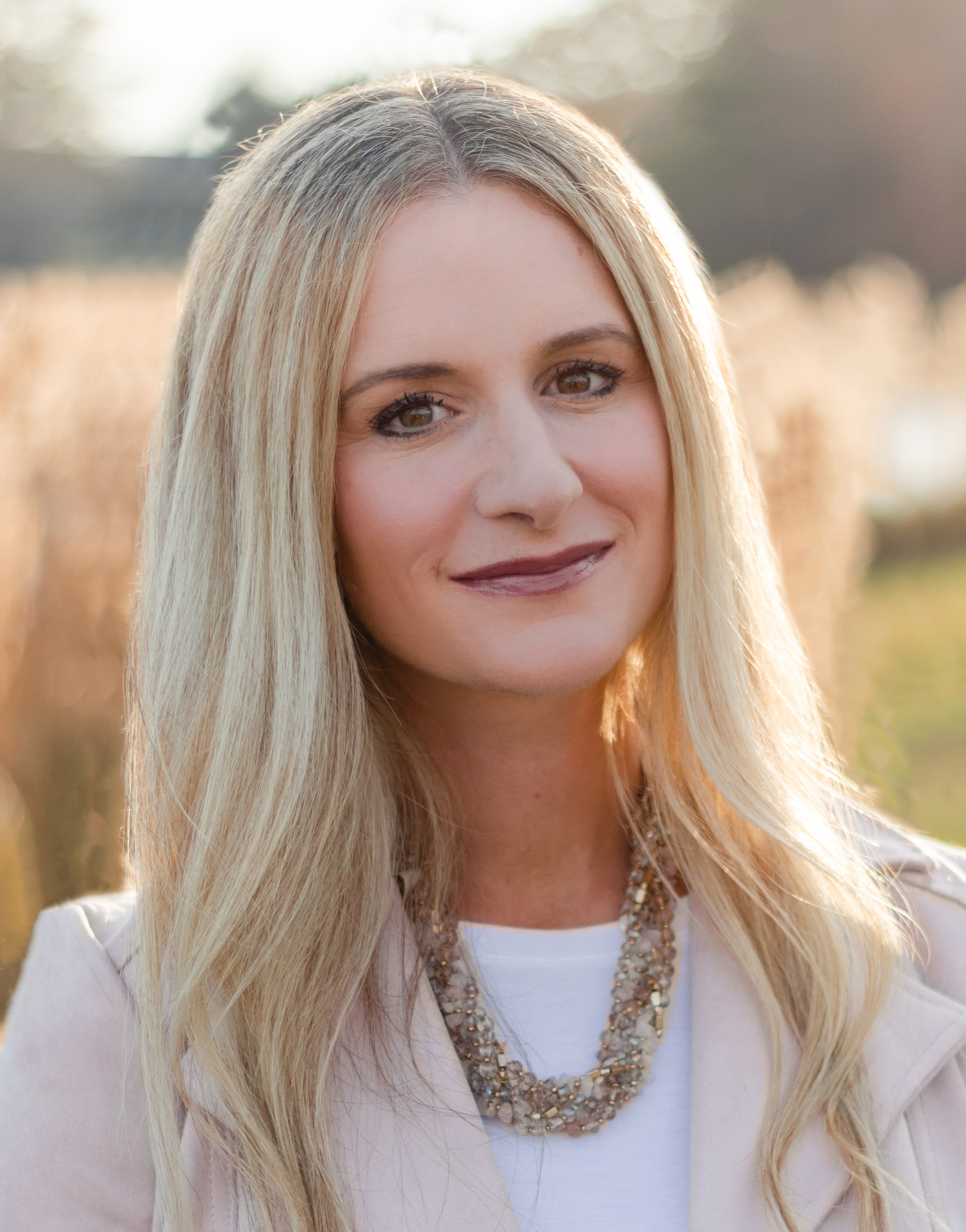Relationships
3 Ways Healthy Boundaries Are Christlike

I remember as a child, I told someone close to me that I was going to spend time with another friend on a different day.
They replied, “Kelly, what?! Why don’t you want spend time with meeeee…? You must like her more than me. I’m just left behind.” I immediately felt guilty.
I was learning...that I wasn’t doing a good job of taking care of him.
Another time as a child, I spoke up, saying what I wanted in a given scenario. The reply was, “You are selfish, Kelly.”
I learned...that to voice what I want or need is to be selfish or self-indulgent. It is to go just a little too far with people. It pushes people over the edge. It turns me into a burden.
At this point, I figured, it was wrong to have an opinion, to want things, or to be vocal about my own desires.
There's danger in striving to be 'unselfish' at all costs.
Experiences like these made me feel as though I was selfish—and very un-Christian.
After all, Christ didn’t take up life for Himself, He always gave, right? He didn’t do what He wanted...He constantly addressed what everyone else wanted and needed, right? He didn’t ever say no, but always said yes, right?
This is what I always thought. Give every last drop of yourself. Do everything for everyone. Give. Give. Give. At all costs. To the point of death. Even if it kills you.
For me, before long, I worked myself into an eating disorder. Give. Give. Give. Be who everyone else needs me to be. Say what everyone else needs me to say. Shut down all needs because that isn’t a godly thing to have or to stand up for. Lose yourself entirely…
Be like Jesus. Even to the point of wasting away to skin and bones…
God desires grace.
I became rail thin—trying to be the very best Kelly that everyone else needed. But, underneath the shell of doing, I was losing who God created me to be. I had no concept of who I was anymore. I was the very best version of the idealized person everyone else hoped that I would be. I was entirely lost. I was lost in self-focused and self-absorbed thoughts of performance, striving, and people-pleasing.
Fortunately, after some time, God encountered my heart on a run. He tugged on me internally to help me recognize: I need help. I got it.
Over time, I learned how to recover—my voice, along with my hopes and dreams. I learned, it is not selfish to say no, but often wise. I now extend myself the space and grace I need to discover my own basic wants and needs.
And I’ve learned more about Jesus, as it pertains to healthy boundaries. Let's consider three examples of how Jesus demonstrated this wisdom.
 Photo Credit: ©GettyImages/wmaster890
Photo Credit: ©GettyImages/wmaster890
1. Jesus was not afraid to insist and to use His voice.
Immediately after this (after Jesus fed the 5,000), Jesus insisted that his disciples get back into the boat and cross to the other side of the lake… (Matthew 14:22)
Notice here, Jesus insisted that his disciples go. Jesus didn’t restrain himself from doing what He knew He was supposed to do. “Insisted” means that he repeatedly used his voice to see something through. He wasn’t ashamed to speak up for what He knew he needed to do, to leave.
If he had to insist, it probably meant that there was a pull to stay for the people, or to stay because the disciples wanted Him to. Jesus knew what was right and persisted.
We are not wrong to persist in what is right and to use our voice to stand firm in that.
2. Jesus was not afraid to say no.
Immediately after this, Jesus insisted that his disciples get back into the boat and cross to the other side of the lake, while he sent the people home.” (Matthew 14:22)
I would have never imagined Jesus sending people home. But, Jesus was able to say, “It is time to go home now.” He was able to set a boundary to ministry, to people’s needs, requests, and demands.
Jesus decided, “It is time that I leave.” And, He did. I don’t sense guilt or shame associated with His decision. He was not double-minded.
3. Jesus was not afraid to take the time for himself, with God—as He needed.
After sending them home, he went up into the hills by himself to pray. Night fell while he was there alone. (Matthew 14:23)
There are times that I need to get away, to pray. There have also been times that I felt too self-indulgent to turn away my family, to voice my needs, or to turn down not-right opportunities. Yet, Jesus shows us that to be with God, while saying no to other things is not bad. It is needed. It is a wise boundary. It is a Christ-centered one.
Jesus—a man who gave up His life for the love of all—teaches me that to love others I must make some room to love myself.
Love your neighbor as yourself. (Matthew 22:39)
If I don’t, to a healthy and godly degree, love me—as history has taught me—I become emaciated, self-absorbed and I’ll hardly love you. After all, how can one who is starving for life, give life? That person is just wasting away...
Wise boundaries preserve life so that reserves of love can freely flow to the right person, at the right time, in the right way. Boundaries help us operate from rest, rather than striving for it, because we seek acclaim and recognition from people we claim to love. In this latter scenario, we become jaded, bitter and we expect things back from others.
That’s not love.
Boundaries, far more, keep us authentic. At least this is what I’ve found in my life. To say no is to say yes to Christ’s very best.
Here, love remains—pure love.
Boundaries help us be more Christlike.
Photo Credit: ©GettyImages/frantic00
 Kelly Balarie, blogger at Purposeful Faith and author of the new book Rest Now: 7 Ways To Say No, Set Boundaries and Seize Joy is passionate about joining hands with women who often find themselves stuck in the pits of life. Step-by-step, word-by-word, her dream is that together they can emerge better—fear, fret, and panic-free. Get all of Kelly’s Purposeful Faith blog posts by email for a dose of inspiration and encouragement.
Kelly Balarie, blogger at Purposeful Faith and author of the new book Rest Now: 7 Ways To Say No, Set Boundaries and Seize Joy is passionate about joining hands with women who often find themselves stuck in the pits of life. Step-by-step, word-by-word, her dream is that together they can emerge better—fear, fret, and panic-free. Get all of Kelly’s Purposeful Faith blog posts by email for a dose of inspiration and encouragement.





